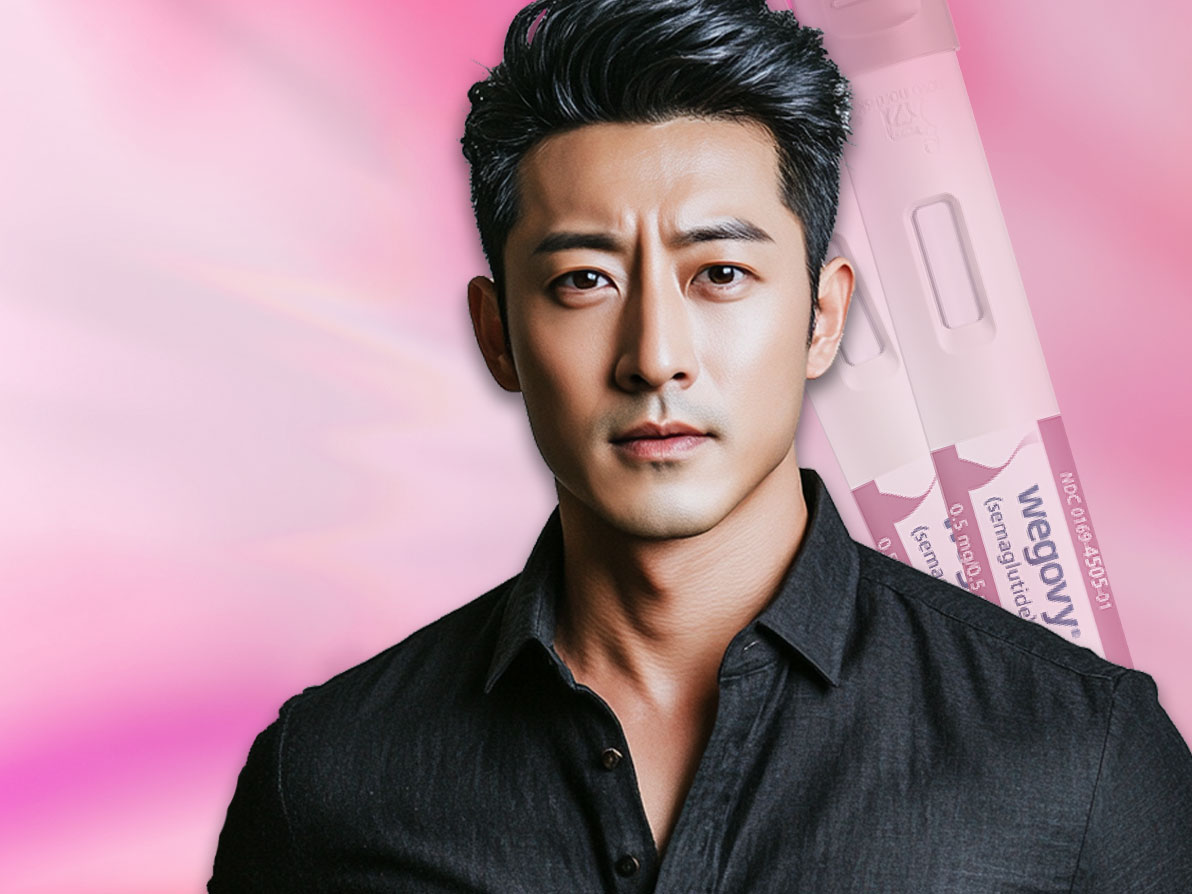
Pattaya’s Ladyboys: Bold, Beautiful, and Breaking Barriers
Ladyboys of Pattaya: Beyond the Spotlight — Life, Health & Identity by the Sea
Known for its sandy beaches, nightlife buzz, and rainbow-colored energy, Pattaya is one of Southeast Asia’s most queer-visible destinations. At the heart of this city’s personality are its ladyboys—locally known as kathoey—bold, feminine, and ever-resilient.
But while the glitter is real, so are the challenges they face—from healthcare access and discrimination to employment barriers and personal safety. In this article, we look past the feathered headdresses to explore the real lives of ladyboys in Pattaya: their joy, struggle, and the health and wellness they deserve.
Who Are Ladyboys (Kathoey)?
In Thailand, “ladyboy” is a common term—used locally and internationally—to describe people assigned male at birth who identify or present as female, or somewhere along the feminine gender spectrum.
Some ladyboys identify as transgender women, while others may feel more fluid, non-binary, or simply live in the middle ground of gender.
The term kathoey has deep roots in Thai culture but doesn’t directly match Western transgender concepts. Respect and openness are key.
Life in Pattaya as a Ladyboy
A City of Opportunity… and Survival
Pattaya offers one of the most visible spaces for ladyboys in Thailand, especially in:
- Nightlife & entertainment
- Cabaret & performance arts
- Sex work and tourism-adjacent jobs
- Beauty salons and spas
For many ladyboys, especially those rejected by families or rural communities, Pattaya becomes a refuge. But not all come by choice—many are pushed by poverty, school bullying, or workplace discrimination into the nightlife economy.
Iconic Ladyboy Cabarets in Pattaya
Ladyboy shows are a major tourist attraction in Pattaya, showcasing incredible talent, costume design, and stage charisma.
Must-Visit Cabarets:
- Tiffany’s Show – A glamorous, world-renowned cabaret that helped put Pattaya on the LGBTQ+ travel map.
- Alcazar Cabaret – Dazzling, high-energy performances in multiple languages.
- Smaller Soi Buakhao venues – Where newer performers and underground talent shine in more intimate settings.
These shows are entertainment, but also powerful stages of visibility and expression for trans women.
Hormones, Healthcare & the Hidden Risks
One of the major issues facing ladyboys in Pattaya is unregulated access to hormone therapy. While estrogen and anti-androgens are widely available, many begin taking them at a young age—without medical guidance.
Common Issues From DIY Hormone Use:
- Blood clots
- Liver damage
- Irregular hormone levels
- Mood instability
- Long-term cardiovascular risk
Many self-medicate based on peer advice, social media, or beauty standards. There’s a pressing need for trans-affirming health education and accessible, affordable clinics.
Where to Access Health Services in Pattaya
Despite systemic challenges, some local organizations and social enterprises are leading the charge for better care.
Featured Providers:
PULSE CLINIC Pattaya – A private, LGBTQ+-friendly clinic and social enterprise offering:
- Hormone therapy supervision
- PrEP and HIV testing
- STI screening
- Sexual wellness consultations
- Mental health support
SWING Foundation Pattaya – A nonprofit focused on sex workers’ rights and health:
- Free HIV/STI testing
- Peer support & counseling
- Outreach for ladyboy sex workers
Sisters Foundation – One of the longest-running trans-led organizations in Pattaya, offering:
- Community outreach
- Legal aid
- Transgender health navigation
- Drop-in services and events
HIV, Sex Work & Stigma
Many ladyboys in Pattaya participate in sex work—either as a full-time profession or a means of survival. This isn’t a moral issue, but a public health and economic rights issue.
Key Concerns:
- Limited access to condoms, testing, and PrEP
- Stigma from doctors or clinics unfamiliar with trans health
- No legal protections against discrimination
Trans women globally have disproportionately high HIV rates—not because of who they are, but because of lack of protection, education, and healthcare access.
Legal Status & Identity Recognition
Despite Thailand’s growing LGBTQ+ visibility, legal protections for transgender people are lacking:
- Ladyboys cannot legally change their gender on ID cards
- No nationwide anti-discrimination law based on gender identity
- Difficulties in housing, employment, and education due to gender mismatch on documents
These issues are compounded in Pattaya by a tourism-driven economy that often commodifies ladyboys—treating them more like exotic entertainment than real citizens.
A Day in the Life: Ladyboys Off Stage
Not all ladyboys in Pattaya work in nightlife. Many are:
- Hairdressers, makeup artists, and stylists
- Freelancers and small business owners
- Students at open-minded universities or adult education centers
- Advocates and peer counselors in LGBTQ+ organizations
Still, the road to normalcy is hard-fought. Access to basic rights—like renting an apartment, seeing a doctor, or applying for a job—can be more difficult for trans women than for anyone else.
Travel Tips: How to Respect Ladyboys in Pattaya
Whether you're here for the beaches or the cabaret, be a responsible and respectful traveler.
✅ Do:
- Ask pronouns respectfully
- Support ladyboy-owned businesses and clinics
- Tip performers generously
- Educate yourself on gender diversity in Thai culture
❌ Don’t:
- Ask invasive questions about bodies or surgeries
- Take photos without permission
- Fetishize or infantilize ladyboys
- Assume someone’s profession based on appearance
Supporting the Future of Trans Health in Pattaya
For real progress, ladyboys need more than applause—they need:
- Legal recognition of their identities
- Gender-affirming health policies
- Trans-led funding initiatives
- Public education campaigns about gender diversity
Healthcare is a human right—not a luxury. And when it’s culturally competent, respectful, and affirming, it saves lives.
Helpful Resources in Pattaya
- PULSE CLINIC Pattaya – pulse-clinic.com
- SWING Pattaya – swingthailand.org
- Sisters Foundation – facebook.com/sistersfoundation
Final Thoughts
The ladyboys of Pattaya are more than performers—they are living testaments to resilience, beauty, and resistance in a world that still has a long way to go.
If you're lucky enough to walk these streets or attend a show, take a moment to see them not just as entertainers—but as individuals navigating life, healthcare, love, and identity under both neon lights and harsh realities.
 Parnrawee Wadbua
Parnrawee Wadbua


